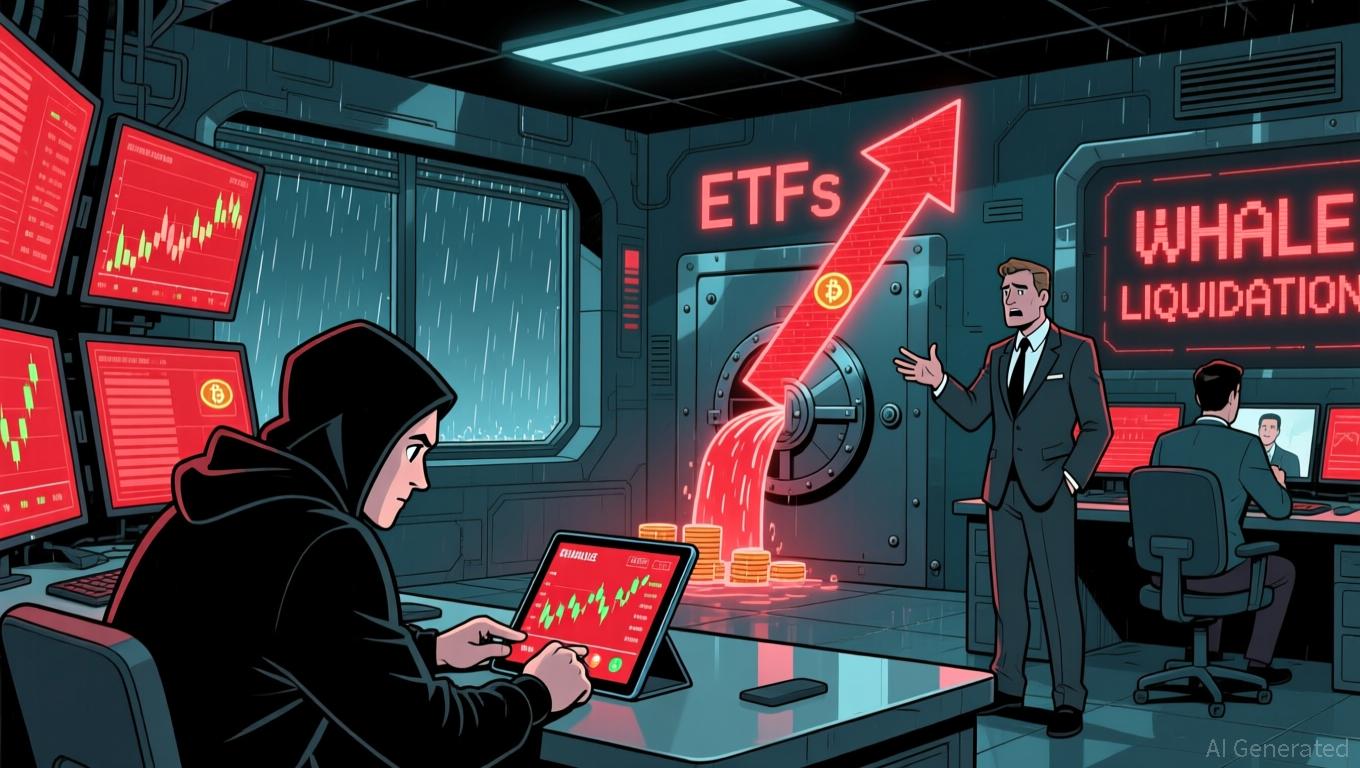U.S. Regulator OCC Clarifies How Banks Can Handle Network 'Gas Fees'
The U.S. Office of the Comptroller of the Currency issued new policy guidance that lays out how national banks can maintain crypto assets to be used for the payment of blockchain networks' "gas fees."
In what's known as "interpretive letter No. 1186," the agency said Tuesday that the banks can keep on their balance sheets digital assets they think will reasonably be required for their operations.
Blockchain networks routinely require the use of their own specific token as a fee for transactions, so banks that wish to handle such activity need to have the necessary assets on-hand. Activity "explicitly allowed under the Guiding and Establishing National Innovation for U.S. Stablecoins Act" will require banks needing to pay network fees as an agent for customers or as part of its custody operations, the letter said.
The need for banks "to pay network fees to facilitate otherwise permissible crypto-asset activities and to hold, as principal, amounts of crypto-assets on balance sheet necessary to pay network fees for which the bank anticipates a reasonably foreseeable need is permissible for the bank," the OCC concluded
U.S. banking regulators — also including the Federal Reserve, Federal Deposit Insurance Corp. and the wider Treasury Department — are already working on writing new regulations to govern stablecoin issuers and activity, based on the new GENIUS Act requirements. But those rules aren't yet in place for the law approved earlier this year.
The OCC has reversed years of hesitation about letting regulated banks engage in digital assets activity with the arrival of the pro-crypto administration of President Donald Trump. The agency is now run by Trump appointee Jonathan Gould, who was confirmed by the Senate in July.
Read More: What Are Ethereum Gas Fees?
Disclaimer: The content of this article solely reflects the author's opinion and does not represent the platform in any capacity. This article is not intended to serve as a reference for making investment decisions.
You may also like
Bitcoin News Today: The initial independent review of Bitcoin Core's security finds no major vulnerabilities
- Brink funded Quarkslab's first independent Bitcoin Core security audit, revealing no critical vulnerabilities in the protocol's reference implementation. - The audit confirmed Bitcoin Core's robust security policies, identifying only two low-severity issues and 13 non-classified vulnerabilities. - Enhanced testing frameworks and file system optimizations from the audit are now being integrated into Bitcoin Core's codebase. - This marks a shift toward third-party validation for open-source blockchain secu

Fed's Discussion on Lowering Rates: Balancing Job Market Concerns and Inflation Risks Amid Limited Data
- Fed's December rate cut odds dropped to 52% as data gaps and labor market slowdown fuel investor uncertainty. - Governor Waller advocates 25-basis-point cut citing weak job growth and AI-driven hiring challenges, contrasting inflation-focused officials. - Key metrics like delayed September payrolls and October meeting minutes will shape final decision amid policy debate. - Global central banks and Trump's Fed chair selection add political risks to monetary policy neutrality. - Gold prices fell 3.4% as re


Bitcoin Updates: XRP ETFs See Increased Investments While Price Drops Close to $2 During Bitcoin Outflow
- Bitcoin fell below $90,000, triggering $866M in ETF redemptions and heightened volatility across crypto markets. - XRP clings to $2 support amid mixed signals: $58.6M inflows into new XRPC ETF contrast with $28M in 24-hour liquidations. - Technical indicators show extreme oversold conditions for XRP, with 41.5% of circulating supply at unrealized losses. - Institutional moves like Harvard's $443M Bitcoin bet highlight crypto's evolving role despite macro-driven selloffs.

